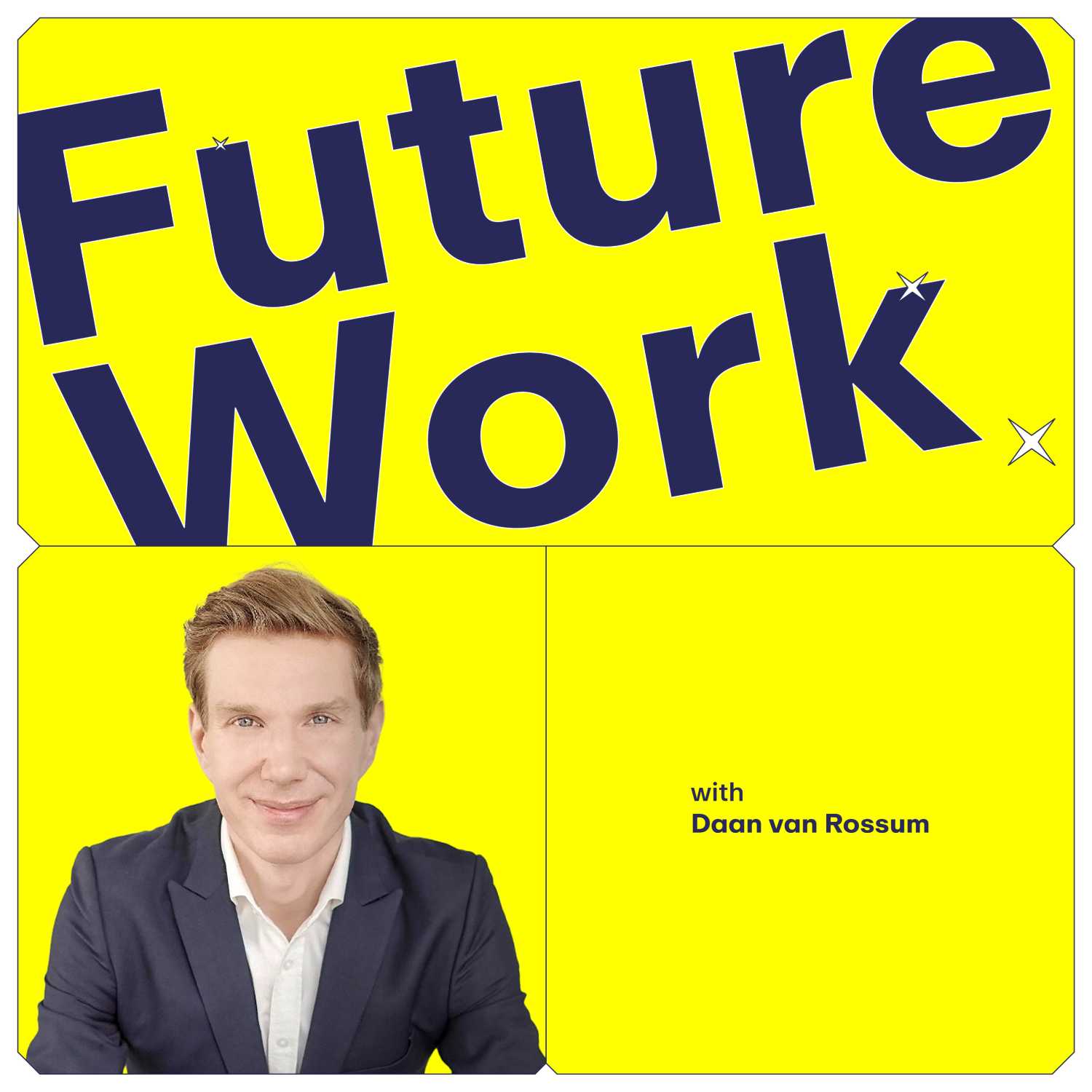Why Remote Companies Are More Profitable (Liam Martin, CEO Time Doctor)
Today, it’s my great pleasure to host Liam Martin, the co-founder and CEO of Time Doctor, a time-tracking tool, and the founder of Running Remote, a conference about remote work launched in 2017.As Liam told me, everything he does focuses on one single mission: empowering the world’s transition toward remote work as quickly as possible, as he believes this will make humanity happier. Today, we’ll discuss focusing on outputs, managing asynchronously, and why remote companies are more profitable.Here’s what I picked up from this fascinating conversation. 1. Time Tracking to Understand EffectivenessWhile time tracking is controversial, Liam believes it must be done in the context of radical transparency. And that if you measure your inputs at work better, you can get more and better outputs. Microsoft research shows that 76% of people say they’re more productive working from home, but managers say they are not. This is why measuring work is important to Liam, as it makes this conversation objective. 2. Remote, Work-Life Balance, and HybridA longitudinal study from Liam’s Timedoctor data shows that while remote employees’ output per week is higher, output per hour is lower. Remote workers stretch out their weeks more, melting work and life together. Liam says that remote workers need to learn to create more boundaries between life and work. And that therefore, there may actually be a great role for hybrid work, where you spend your synchronous working time in an office and your asynchronous work remotely.3. Asynchronous ManagementFrom twenty years of remote work experience and studying the best remote companies, Liam embraced a model called asynchronous management, where you lead people without synchronously interacting with them. In fact, project management platforms can do the lion share of what management used to be, And as long as you focus on the outputs someone creates, that should be totally possible. 4. Remote as the NormLiam remarks that 82% of new tech companies in San Francisco are remote or hybrid, compared to 16% pre-pandemic. If all new companies embrace this working model, this will eventually become the norm. So, if you as an existing company don’t embrace this model, you will not be able to compete as it decreases costs. Future Work is a weekly newsletter and bi-weekly podcast to help people-centric leaders stay ahead in the future of work.Subscribe on FlexOS, Spotify, Apple Podcasts, and YouTube for the latest Future Work episodes.Like reading more than listening? Find the article on our website: https://www.flexos.work/learn/....remote-companies-are

